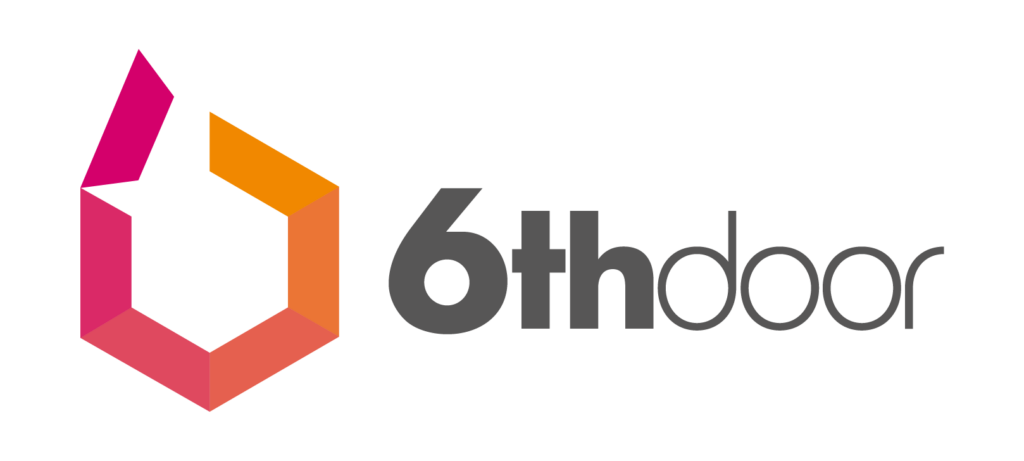We recently launched The Sales Dojo podcast. A growing collection of 15-minute-long episodes discussing the real issues that salespeople face every day. It’s not highbrow, corporate chat or self-proclaimed sales guru’s ranting on in vagaries and telling everyone they’re not ‘hustling’ hard enough – the first few episodes are simply me and my business partner waxing lyrical about real things that all sales people in the ‘real world’ stress about. Getting objections about price, how some days you just don’t want to do your job, how to write a follow up email, what to say on a voice mail and so on. This isn’t Steven Covey or Dale Carnegie, but we think it is valuable, usable and relevant. A lot of the episodes were recorded months previously on Saturday afternoons over coffee whilst huddled around a laptop chatting about our memories and experiences of selling. Now lovingly edited and with a jingle and introduction to rival the cheesiest of cheese from the USA they are out there for the sales community to hear, dissect and learn from.
As the first few episodes went ‘live’ on Apple I sat at home in my kitchen listening back to them intently. What will people think? How do I sound? Do I agree with what we’re saying? How could we make this better? If I was listening for the first time as a professional salesperson would I find this relevant and useful?
As I was pondering these questions my partner arrived in the kitchen, popped the kettle on and laughed: “Ha! Are you listening to yourself? How vain are you!” I was taken back; this is what I ask salespeople to do every day? Why was this viewed as vain? (she knows me well to be fair). Is this why I have such a challenge convincing people to listen to their sales calls? Often an even greater challenge is to get sales leaders to ensure their teams are listening to themselves. To me it seems second nature to self-reflect.
I don’t think vanity is the emotion salespeople have towards listening back to themselves, I think it’s a level of fear, embarrassment and ignorance to its’ self-development power. The most common reaction I get from sales leaders as to why they don’t get their teams to self-reflect is “there isn’t time, they’ve targets to hit!” Well, I made time to listen back and I wasn’t listening to pat myself on the back about how good I sounded and how useful these recordings were. I was listening in order to make them better, which should be a continuous loop. Listen, feedback, implement change and repeat.
Hollywood actors, award winning singers, professional sports stars all reflect and self-review. Adelle didn’t sing all the songs on her album 21 just once and think “That’ll do”. She listened back and back and back and back until she’d refined it with obsessive focus on detail. It’s well known in professional sport that the games are won off the pitch. It’s in the training, the feedback and development time that trophies, medals and titles are won. Professional golfers’ video their swing and watch back frame by frame to look for the tiniest changes they could make. If you want to get to professional level earnings you’ve got to do what the professionals do.
Not building time to review and evaluate regularly with your sales team is like not tasting your cooking as you go along or not reading emails before you send them – at some point, it’s going to go horribly wrong! There is a great cartoon I once saw in the back of a business magazine. It was simply two pictures. The first picture was a guy stood on the shoreline of a beach holding a collection of rowing awes. His speech bubble shows him shouting “Hey wait! I’ve got a great idea!” as he holds the awes aloft. The second picture is of a group of six men just offshore in a small boat, all leaning over the side ignoring the guy in the first picture and paddling furiously with their hands. Their speech bubble simply says “Not now!! We’re busy trying to hit our KPIs!”
You must build in time for reflection and review. To carry on regardless is the worst form of short sightedness. If you want to win at anything you must practise – in sales, every call and meeting is practise. You need to analyse and review to improve those interactions to tweak, change and develop the millions of nuances that occur through every sales interaction. Many businesses I work with build feedback and development time (weekly) into their recruitment model to ensure all service levels and sales growth can be achieved on less than a full team so everyone has ‘time’, every week, to reflect, review and develop.
“But I don’t like the sound of my own voice” I hear repeatedly from salespeople. Your voice is the tool of your trade. Does a builder invest in their tools to get the job done? Does a Premier League footballer sprint onto the pitch at Wembley in a £19.99 pair of boots Sports Direct? Only by listening back to your voice (you know, the thing all your prospects and clients hear every time you deal with them!) can you develop it. And like your new car, partner or shirt, time and familiarity take over from novelty and hearing yourself becomes the norm.
There are many amazing tools for self-reflection available for salespeople. Advances in AI have created self-reflection means that I could only have dreamed of when I first started prospecting. But you don’t need to spend all your budget to get started. Many salespeople record themselves on their smart phone or devises found on Amazon for just a few pounds. Listening back and analysing gives you the third-party perspective that disengages your confirmation bias, so you don’t hear what you’re expecting to hear. Therefor giving you a truer experience closer to that of your prospects (It is this truth that many in sales want to avoid).
Once you’ve got into the routine of analysing and feeding back to yourself you can make changes, tweaks and adjustments to be continuously self-improving and with this, improving your success and your commission. If you get bored of listening to yourself, you can always give The Sales Dojo podcast a listen.

